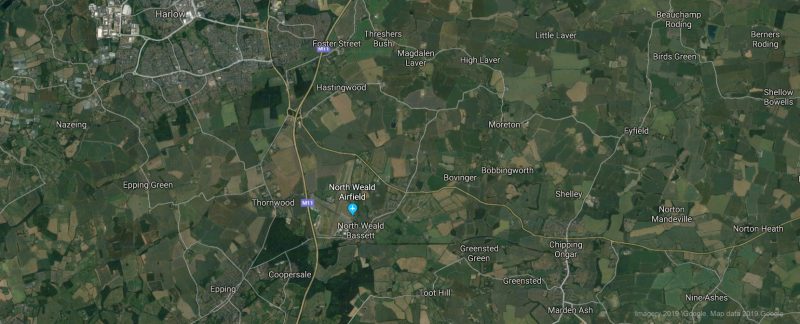The Harlow Alliance Party has been attending the Epping Forest District Council Local Plan (EFLP) Examination.
The EFLP Examination commenced on 12 February and is due to finish on 12 June. Another week of evidence was presented to the inspector this week. On Thursday 23rd participants spent much of the day talking about the infrastructure requirements needed to ensure that the proposed Plan was legally sound.
In view of information obtained whilst attending the Harlow District Council Local Plan Hearing the Leader and Deputy Leader of HAP made a late request to the Inspector of the Epping Plan to be allowed to participate on 23 May and this was granted just a few days before the hearing took place.
Most of the discussion were about the Plans proposal to provide new and improved sustainable transport (buses, cycling and walking) options in order to reduce the need for both existing and new residents to use their cars to get around the area. These proposals include the huge amount of work being proposed to create new electrified bus and tramways through Harlow.
Figures within documents supporting the Plan clearly show that despite attempts to reduce car journeys during the Plan period (the next 13 years or so), many roads and junctions which are already close to or are at capacity will become even more congested in the future leading to tailbacks measured in kilometres. Numerous speakers including representatives from Essex County Council, The Epping Society and The City of London Conservators all expressed concerns that the Plan was not sound (it did not provide sufficient plans to mitigate this problem).
I as leader of The Harlow Alliance Party made the point that residents in Harlow were already expressing concerns about the congestion on Harlow’s roads, the difficulty in getting doctors appointments, the long wait to be seen at A&E at PAH and schools being at bursting point. The Plan for Harlow already notes that in excess of 1600 new homes are planned in addition to those required by the Government and that unless even more infrastructure is put in place (to accommodate these extra numbers) then by the end of the term period (2031) things will be even worse than they are now.
It should be noted that the Harlow and Gilston Garden Town proposals have been costed at £1.7 billion. Of this, there is a funding shortfall of £141 million. Although this is apparently not unusual with such large schemes, concern was expressed by many of the participants at the Examination that much of the infrastructure proposals may end up being just wishful thinking.
Finally, it beggars belief that HAP and The Loughton Residents Association were the only Political Parties attending these meetings, perhaps members of the Conservative and Labour Parties had other things on their mind!
